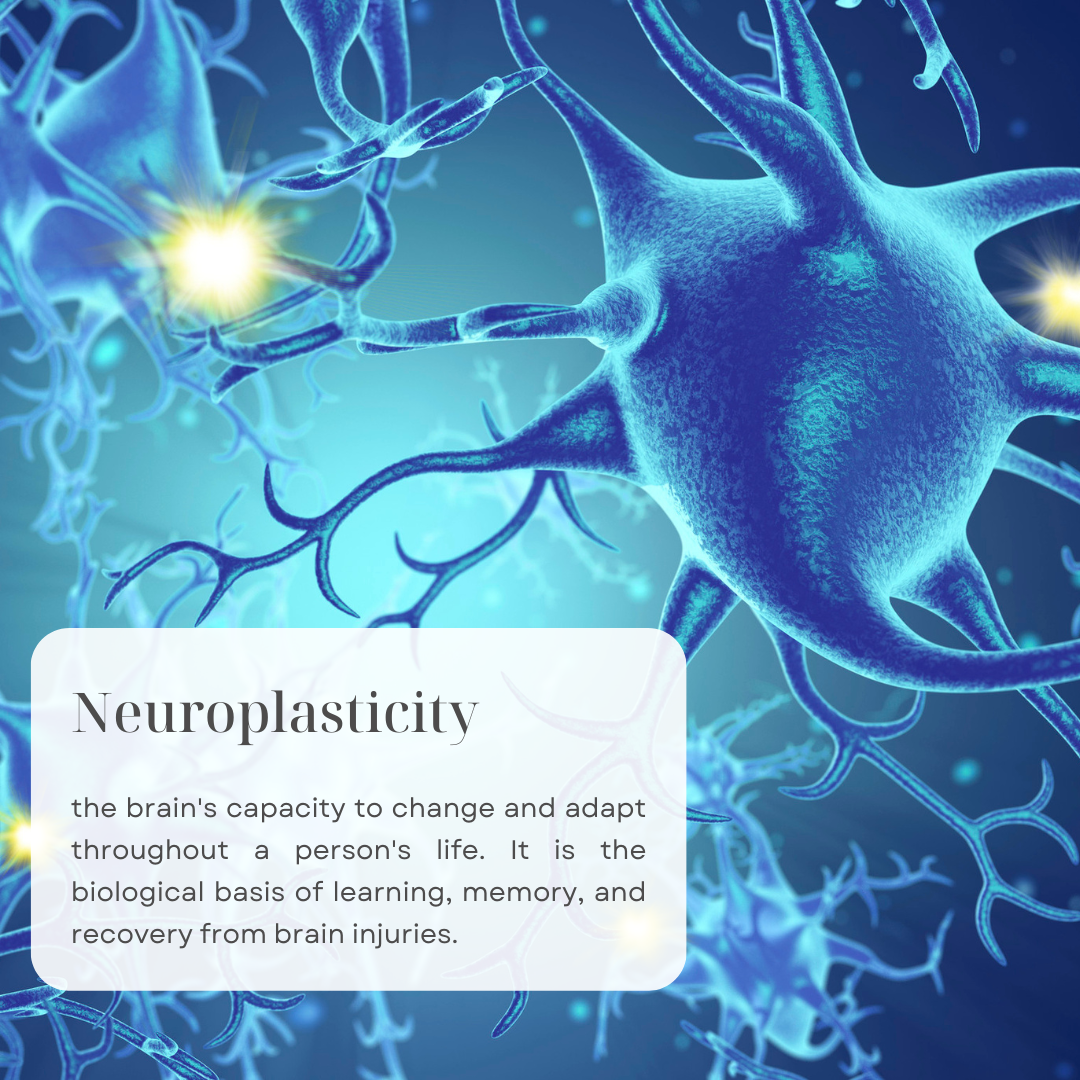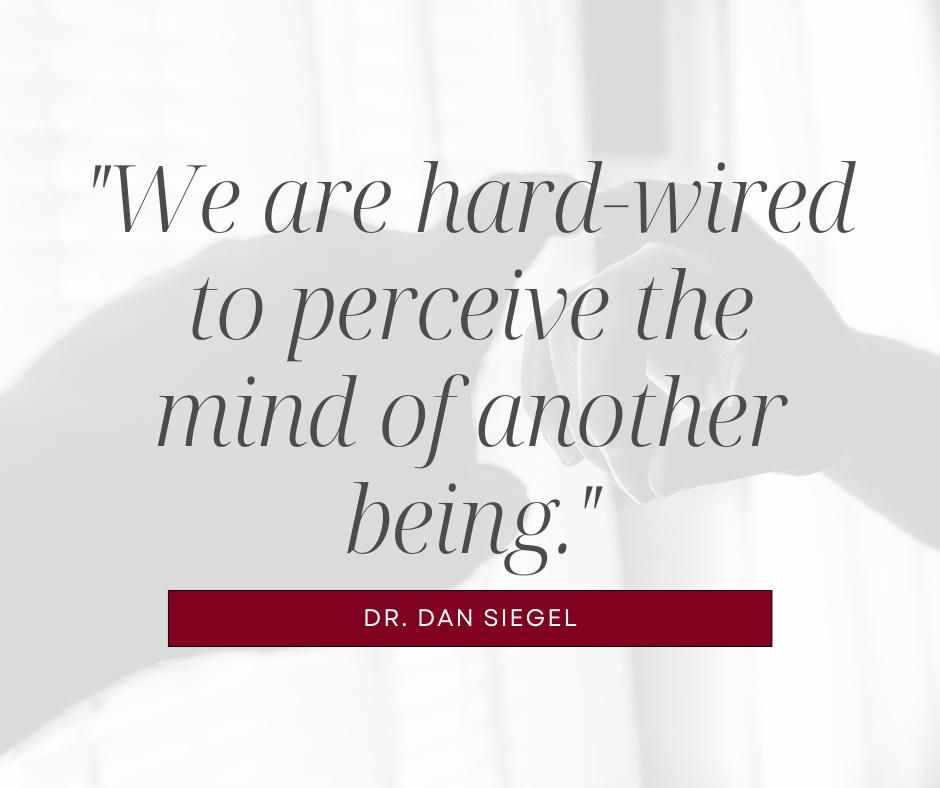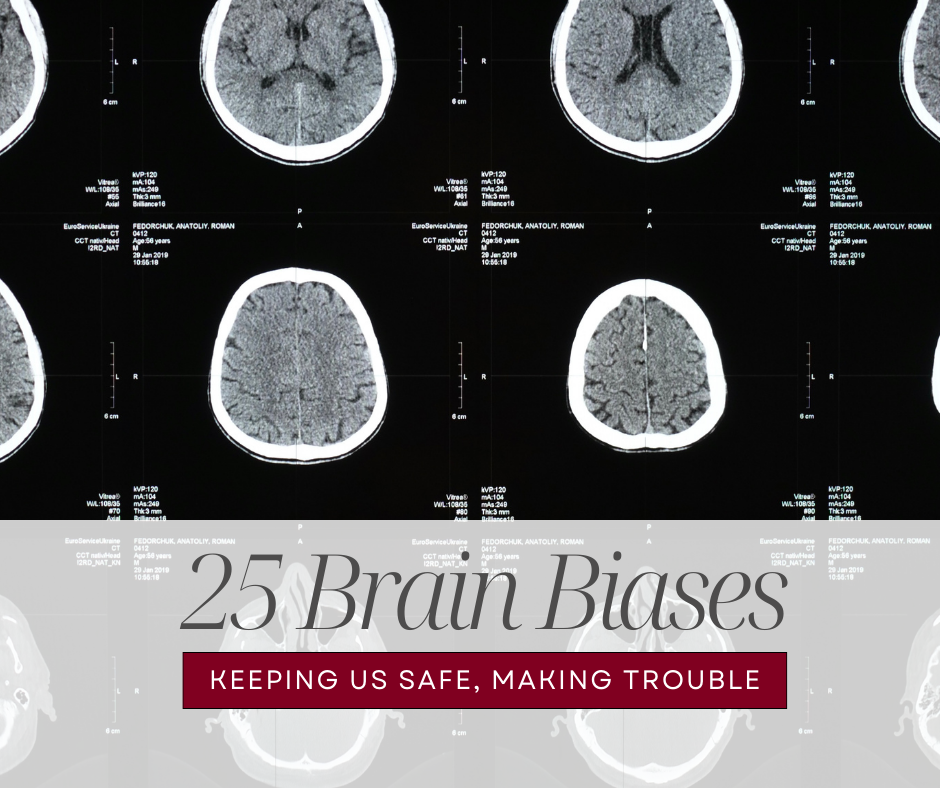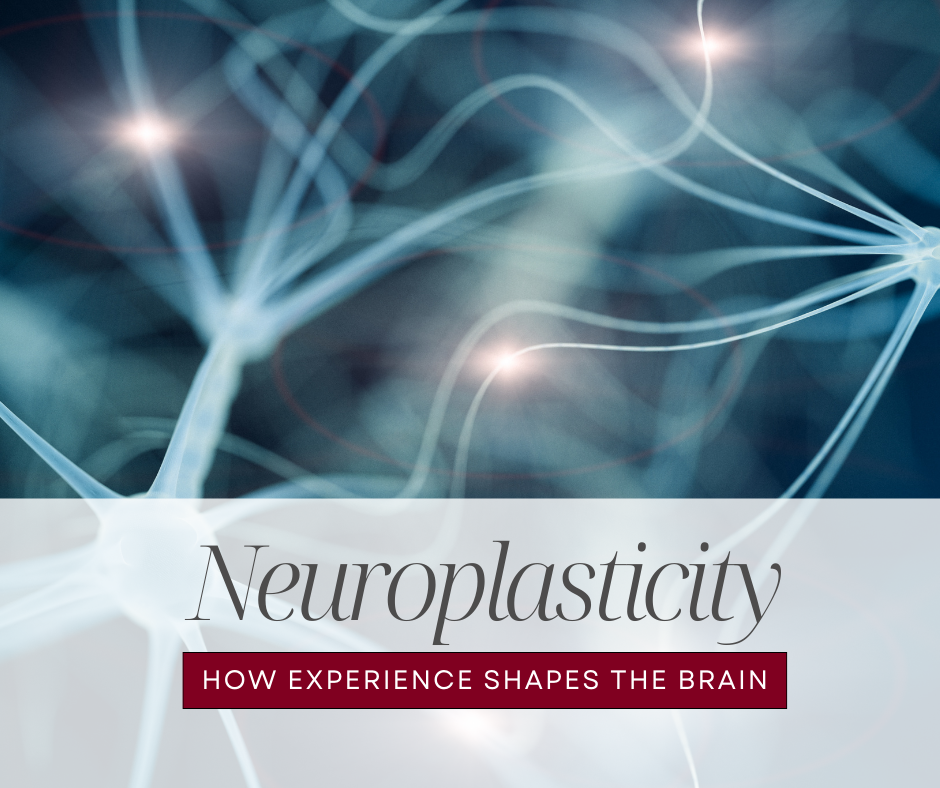
Neuroplasticity and Personal Growth
Neuroplasticity, also referred to as brain plasticity, is the brain's capacity to change and adapt throughout a person's life. It is the biological basis of learning, memory, and recovery from brain injuries.

Mirror Neurons and Emotional Attunement
Mirror neurons play a pivotal role in empathetic responses by simulating observed actions, emotions, and sensations in the observer's brain. This simulation process leads to emotional resonance, enabling individuals to vicariously experience the emotions of others.

Neurobiological Foundations of Intimacy
Intimacy plays a pivotal role in shaping the quality of our relationships and overall well-being. Recent advances in neurobiology have illuminated the intricate neural underpinnings of intimacy, providing unprecedented insights into the mechanisms governing emotional and physical connection.

25 Brain Biases: Our Mind’s Quirks That Help Us Survive but Get Us in Trouble
Brain biases, also known as cognitive biases, are systematic patterns of deviation from norm or rationality in judgment, often leading to perceptual distortion, inaccurate judgment, illogical interpretation, or what is broadly called irrationality.

Neuroplasticity: How Experience Shapes the Brain
Neuroplasticity, the brain's remarkable ability to reorganize itself in response to experience.

The Science of Gratitude: How Cultivating Thankfulness Can Transform Your Well-being
Gratitude practices – a powerful tool backed by scientific research that has the potential to transform your life in remarkable ways.
